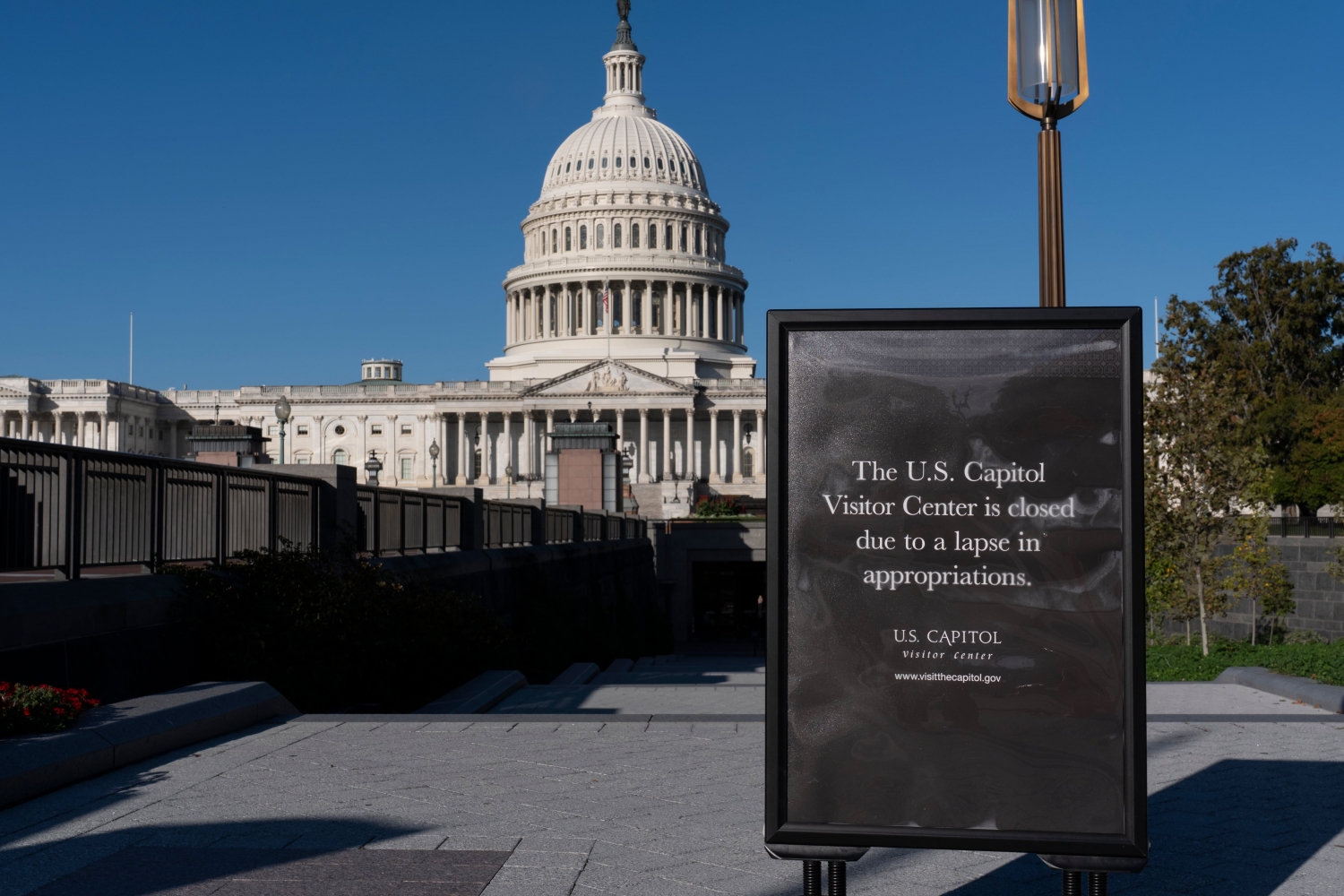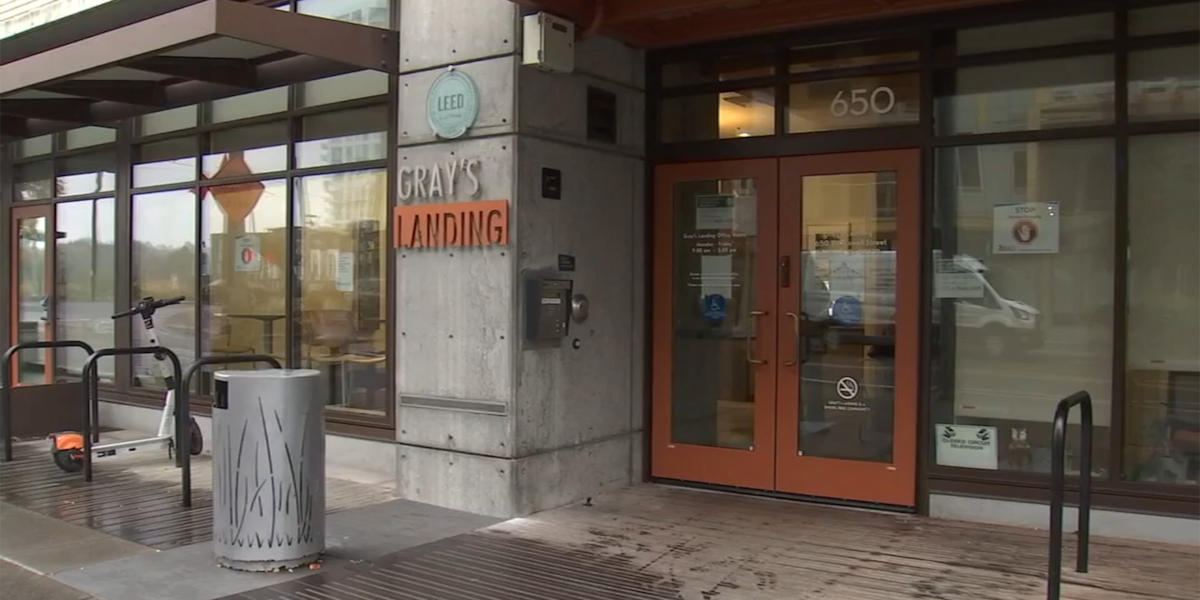

Published on: 10/21/2025
This news was posted by Oregon Today News
Description
After weeks of negotiations and several failed votes, the U.S. Congress still hasn’t reached a deal to reopen the government.

Caught in the middle are the roughly 7% of Americans who don’t get health insurance from their employer or the government and who use the Affordable Care Act to buy a private plan at a discount.
Generous subsidies for those ACA plans, passed by Congress in 2021, are set to expire at the end of the year after the Republican majority opted not to include them in their major tax and spending bill.
Now, the Democratic minority wants the subsidies permanently extended as a condition of ending the government shutdown.
With the outcome up in the air, people shopping for insurance on the marketplace next month, when open enrollment starts, may need to choose a plan without clarity on how much it will cost them.
Here’s what to know about the subsidies at issue in the shutdown, and how they’ll impact Oregonians this year:
What exactly expires at the end of the year?

Enhanced subsidies. One of the selling points of the ACA marketplace is that people with low to middle income levels qualify for government subsidies that allow them to buy private insurance at a reduced cost.
Americans get these subsidies based on two factors: the cost of a middle-of-the-road plan in their area, and their income.
People are required to pay a certain percentage of their income towards their monthly payment, or premium, and then the subsidy covers the rest.
People earning less pay a smaller percentage of their premiums. Whereas higher earners have to pay a higher percentage. When the marketplace first launched in 2014, subsidies were available only for people making less than 400% of the federal poverty level.
In 2021 and 2022, Congress provided larger subsidies to all eligible households and eliminated that upper-income limit.
The subsidies still phased out naturally at a certain income level — around $110,000 for an individual in Multnomah County last year, for example.
It’s those “enhanced” subsidies that are set to expire. At the end of the year, the situation will revert to what it was in 2020, with smaller subsidies available for most enrolled and no subsidies for people with higher incomes.
The subsidies are popular with voters in both parties — but expensive for taxpayers.
Who in Oregon will be impacted?
Most Oregonians get their health insurance from their employer or Medicaid, known locally as the Oregon Health Plan. They will not be directly impacted by the expiration of the ACA subsidies.
But nearly 140,000 people, about 3% of the state’s population, buy private plans on the marketplace and could see their premiums more than double.
Enrollees in Oregon could pay an average of $127 — $456 more per month, depending on their income level, according to the Oregon Health Authority.
Additionally, about 35,000 Oregonians making over 400% of the federal poverty level will no longer qualify for any subsidies. For example, a family of four earning more than $128,600 would no longer qualify for assistance.
People with ACA coverage are more likely to be small business owners, and include many dentists, artists, farmers and ranchers, according to KFF, a nonprofit that researches and reports on U.S. health policy.
How does Oregon compare to other states?
Oregonians are less likely than the average American to buy private plans on the marketplace, in part due to the state’s generous Medicaid coverage.
The loss of the subsidies will be particularly hard on people in a group of southern states won by President Trump in 2024, including Texas and Florida. The marketplaces in those states grew quickly and enrollees there benefited the most from the enhanced subsidies, according to KFF.
And there’s another reason Oregonians may feel less of a sting from the loss of enhanced subsidies than people in some other parts of the country.
The cost of private health insurance is rising more slowly here than in other states. In Oregon, an individual health insurance plan costs about 10% more than it did last year. Nationwide, plans are 18% more expensive than a year ago, on average.
But that may be cold comfort to Oregonians who will still pay considerably more than they did last year for health care.
I need to choose a plan this year. What should I do?
The state’s 2026 window shopping tool shows what marketplace health plans are available in each county, estimates the subsidy a person qualifies for and calculates how much they will owe monthly for insurance.
The tool is designed to show what a person would pay if the enhanced subsidies expire as scheduled at the end of the year.
If you want to understand how the loss of subsidy is impacting you personally, you can plug the same numbers into the state’s 2025 window shopping tool to see the difference between this year and next year.
What if I’m not sure I can afford to buy insurance at this price?
The Oregon Health Authority has a few tips.
People have until January 30, when open enrollment ends, to change plans or pick a new one. That gives people some time to see what Congress chooses to do about premiums. One strategy would be to enroll in a plan with cheaper monthly premiums, but higher out-of-pocket costs — and then upgrade to a plan with better coverage if Congress does extend the subsidies.
Insurance agents can help evaluate your current health plan, prescriptions, and providers, and see if there’s a more affordable option that will still meet your needs. OHA helps people connect with agents who help evaluate private plans, free of charge.
Finally, you only have to pay the first month’s premium for your insurance coverage to kick in, and there isn’t a penalty for canceling coverage.
“That buys you a little bit more time to see what’s going on,” said Amy Coven, a communications and public engagement analyst with OHA.
Coven cautions people against buying private coverage outside of the marketplace. The plans available directly from insurers are generally the same, but people who shop outside of the marketplace won’t get a subsidy if Congress does act to extend them.
News Source : https://www.opb.org/article/2025/10/21/oregon-health-care-susidies-medical-insurance-affordable-care-act/
Other Related News
10/22/2025
DEAR ABBY Im 22 and my boyfriend is 21 Weve been dating for a few months
10/22/2025
Dear Eric I am ashamed to admit it but I hate my three stepchildren The daughter is the pr...
10/22/2025
During an annual fall event where giant elephants smash massive pumpkins a baby elephant w...
10/22/2025
Check your tickets for Oregon daily lottery draw games here
10/22/2025











